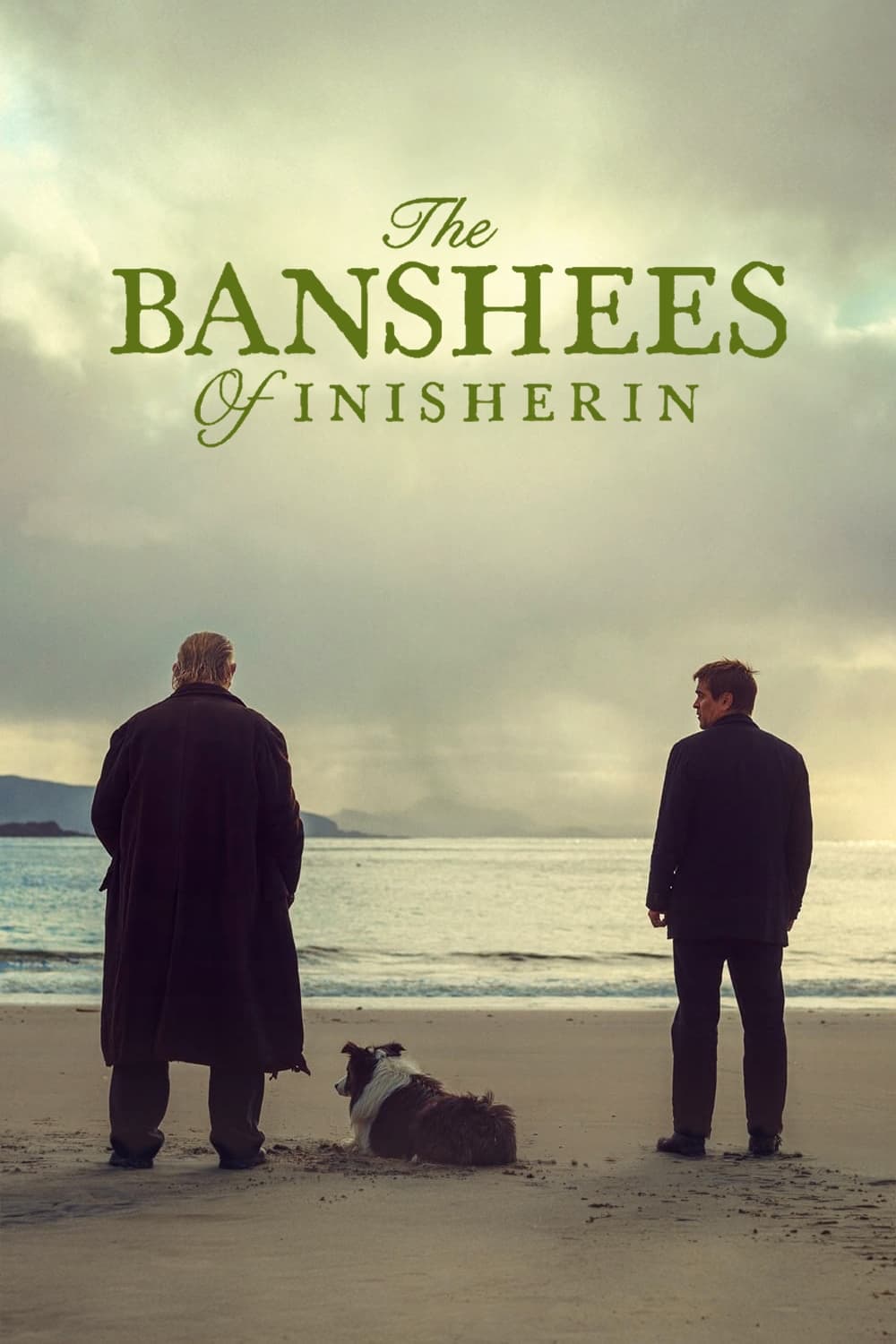Jason
@lewishamdreamer.bsky.social
2y ago
It’s certainly compelling, and the acting is about as good as it gets, but this is a strange one. I say that as a fan of David Lynch my entire life, and the quirkiness of the resumed pairing of Farrell & Gleeson under writer/director Martin McDonagh’s command starts out similarly weird and uncomfortably amusing. Soon becoming clear the film is set in 1920s Ireland, with civil war visible on the Irish mainland, there’s a pervasive sense of an ancient community on the edge of change - embraced by some, rejected by others, and polar edges of this embodied by Farrell & Gleeson. Their abrupt feud begins almost Father Ted-style absurd, indeed many of the characters start out as little more than stereotypes - good for light comedy but little else. But McDonagh swings an axe through expectations, as change proves to have violent consequences. Barry Keogan’s village idiot Dominic proves to have been abused by his polieman father and kills himself when rejected by Kerry Condon’s Siobhan, herself eager to move on from stagnant Irish island life. Gleeson decides his friendship with prospectless Farrell no longer adds value to his life, and insists it must end, giving no explanation, which leaves Farrell’s Padraic also unable to absorb rejection and essentially starts stalking Gleeson’s Colm, Colm in turn beginning to take drastic steps to stop him, cutting ever more of his own fingers off in spite, destroying his wished for future as a musician. On the surface it’s a bizarre black comedy, but played out with a civil war in the background, the parallels become ever clearer as the stakes of the feud continue to increase. By the end Farrell, unable to understand his former friend, finally triggered by his donkey accidentally choking on one of Colm’s fingers, declares a blood feud on Colm, and acts it out in ways we can only imagine will become more violent after the film finishes. The move from archetypes to very believable personalities, from kindness to murder, is a deft and deeply saddening demonstration of how effortlessly community can collapse into violent conflict. There aren’t particular heroes or villains here, indeed no one comes off well, mostly because of their fixed ideas about themselves, both those changing and those left behind, and it’s perhaps that insight that makes this such a valuable piece. At the same time what starts out as an absurd, very light comedy, veers at times into unlikeability and coldness - no doubt part of what McDonagh intends, but it does steal valuable entertainment value from the film. That said the performances by the entire cast, and Farrell & Gleeson in particular, are remarkable. Both leads create an air of intense danger from amongst their most understated performances to date - both offering character traits easily identified with, suggesting perhaps that the greatest feeling of discomfort in the film is with your own inherent ability to become either protagonist, that civil war is never necessarily very far from you wherever you are. Fun it isn’t, compelling it is, and it’s definitely interesting. With greater clarity though about what drives Colm (depression is constantly hinted at but never confirmed), the film is diminished at the same time by offering nothing to invest in significantly in either protagonist. How much of this is misunderstanding, to what extent is it more tragedy and cautionary tale than a black comedy with a limited payoff in the conclusion? It never feels like McDonagh’s work ever quite achieves its admirable ambitions.
No comments yet.


